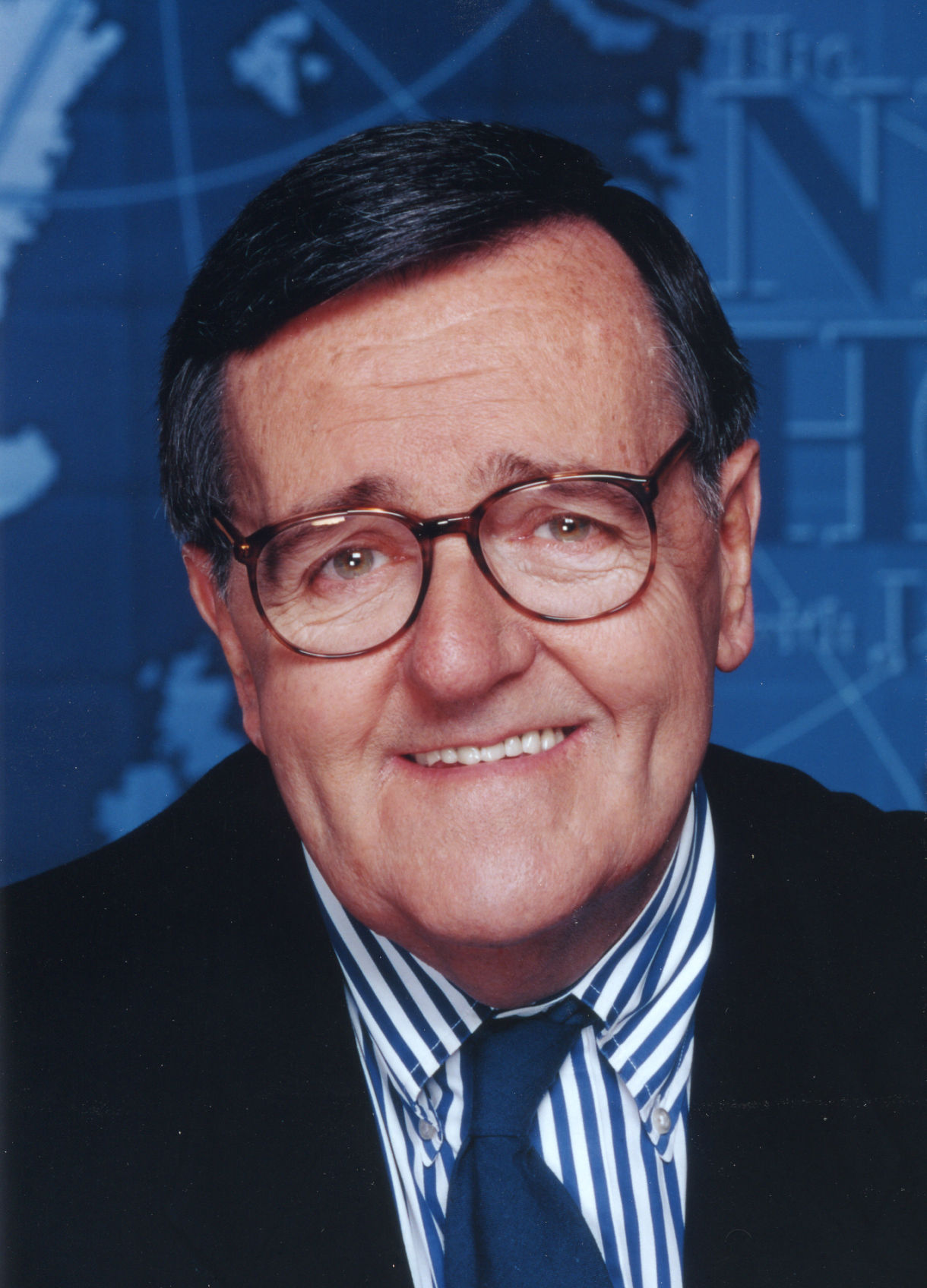

Putting aside the obvious differences between Groucho, Chico and Harpo in and out of character (Groucho’s moustache was fake Chico, of course, wasn’t Italian and Harpo could speak), there is considerable evidence that elements of the stage personae – Groucho’s stinginess, Chico’s gambling and womanising, and Harpo’s, well … harp playing – were the brother’s real-life attributes.


It is difficult to decide whether his is a strongly held belief or a confrontational pose. Instead of making riotous film comedies that seemed to fizz from the screen, they “dissolved the boundary between life and art, public and private”. You might think that consistently arguing that the Marx Brothers aren’t funny is a difficult trick to pull off, and you’d be right, but it is central to Siegel’s theory that the Marxes were the same onscreen as they were off, that there was “a seamless continuity between their actual personas and their stage personas … fusing their entertainment selves with their real selves”. A quiet middle child born as Julius Marx to European Jewish emigrants, who lived on the upper east side of Manhattan, Groucho wanted to be a doctor, but instead had to leave school young to join his brothers in show business. Groucho’s comedy, Siegel insists, is actually radical, nihilistic truth-telling that masks the great comedian’s insecurity its origins lie in his childhood, with his domineering mother and weak father, and his thwarted intellectual ambitions.

Siegel identifies a moment in the Buckley interview where Groucho goes on the attack by pointing out that the host blushes “like a young girl”. Was he serious or funny? Where did the persona stop and the real Groucho begin? Lee Siegel wrestles with these questions in his provocative and perverse short critical biography of the man he calls the Marx Brothers’ “central intelligence”. He began to answer questions quite seriously, and it turned out that Groucho didn’t think the world was funny after all. When he sat down to debate with Buckley, the greasepaint moustache and bushy eyebrows were long gone, but he was smoking his trademark cigar. How he got in my pyjamas I don’t know”) over the course of vaudeville shows, Broadway productions and a run of classic, and some not so classic, comedy movies. Then in his mid-70s, Groucho, whose casual attire of a blue jacket, polo neck and grey plaid trousers contrasted with Buckley’s businesslike suit and tie, was still recognisable from his heyday, when as a member of the Marx Brothers he had leered and delivered comic non sequiturs (“One morning I shot an elephant in my pyjamas. The programme was an hour long, and began amiably, if stiffly, as Buckley introduced his guest. The subject Buckley and Marx would discuss: “Is the world funny?” To add to the formality, the discussion was moderated by a chairman. Whatever Buckley’s politics, it was serious television, with a solemn atmosphere somewhere between a civics lesson and a Sunday mass. The show typically consisted of Buckley, a starchy, uncomfortable screen presence, who gave the impression of looking down his nose at the camera, politely putting what were often quite barbed questions to that week’s guest.
#MARX BROTHERS BIRMINGHAM TV#
I n 1967 Groucho Marx made what now seems an unlikely appearance on conservative pundit William F Buckley’s TV show Firing Line.


 0 kommentar(er)
0 kommentar(er)
